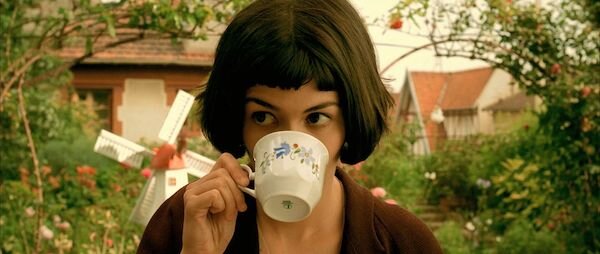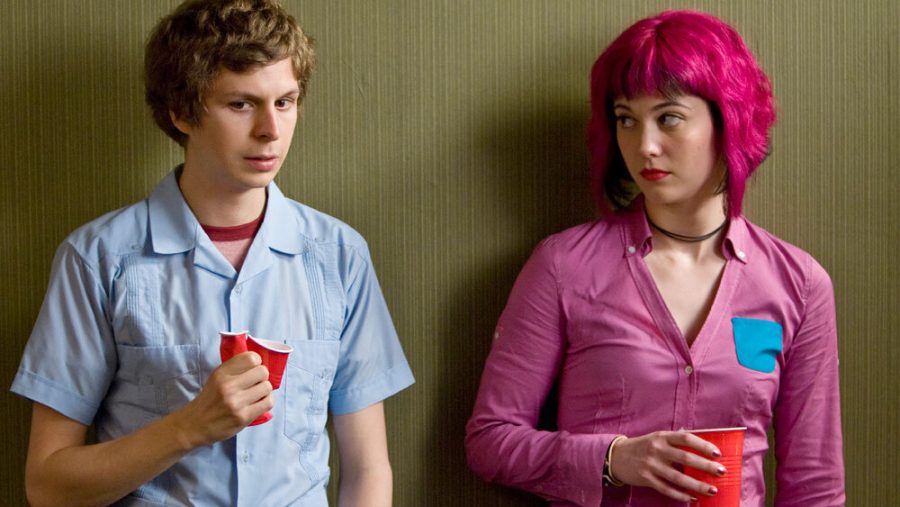The Manic Pixie Dream Girl is an Archetype Nathan Rabin coined in popular films such as Scott Pilgrim (2004) and Eternal Sunshine of a Spotless Mind (2004). It often revolves around a quirky and “magical” female support character that usually only exists to fulfil the male leads’ desires by helping them discover themselves or allowing them to be an experience for the male lead. While this stands in contrast to how the male gaze is portrayed in mainstream film, it still utilises the same ideas prevalent within the conventional male gaze.

Laura Mulvey (1975) is the feminist scholar responsible for coining the term “Female Gaze”, which describes women being represented as objects rather than actors with agency to fit the male protagonists’ narrative. Under the microscope of feminist cinema, the Manic Pixie Dream Girl Trope often falls flat. Women depicted as manic pixie dream girls may seem to be emancipated from the idea of physical objectification; however, patriarchal values are still upheld, and women become devices for catalysing male introspection.

Mulvey’s theory suggests female characters are paraded as spectacles for male erotic mal;e enjoyment. The MPDG trope sinisterly does the same except for swamping out the allure of the female form for that mystic of stereotypical female daintiness. Ramona Flowers, the poster child for this trope, is effortlessly carefree and inhabits a world the Titular character Scott of Scott Pilgrim cannot fathom. Clementine’s Shallow character arc in Eternal Sunshine entirely supplements Joel’s persona. Simon Beauviour (1983) speaks about the authorisation of women in film since the medium’s inception. Women’s ability to take up space in the narrative is granted so long as it exists in their value and aids a male protagonist’s growth, ironically not factoring in their own
In conclusion, the male in MPDG film may not manifest similarly but still prioritises patriarchal values.
References
Beauvoir, S. de (1983) The Second sex. New York: Knopf.
Edgar Wright, dir. (2010) Scott Pilgrim vs. the World. [Film] USA: Universal Pictures.
Michel Gondry, dir. (2004) Eternal Sunshine of the Spotless Mind. [Film] USA: Focus Features.
Mulvey, L. (1975) ‘Visual pleasure and narrative cinema’, Screen, 16(3), pp. 6–18. doi:10.1093/screen/16.3.6.
Rabin, N. (2007) The Bataan Death March of whimsy case file #1: Elizabethtown, AV Club. Available at: https://www.avclub.com/the-bataan-death-march-of-whimsy-case-file-1-elizabet-1798210595 (Accessed: 12 December 2024).

